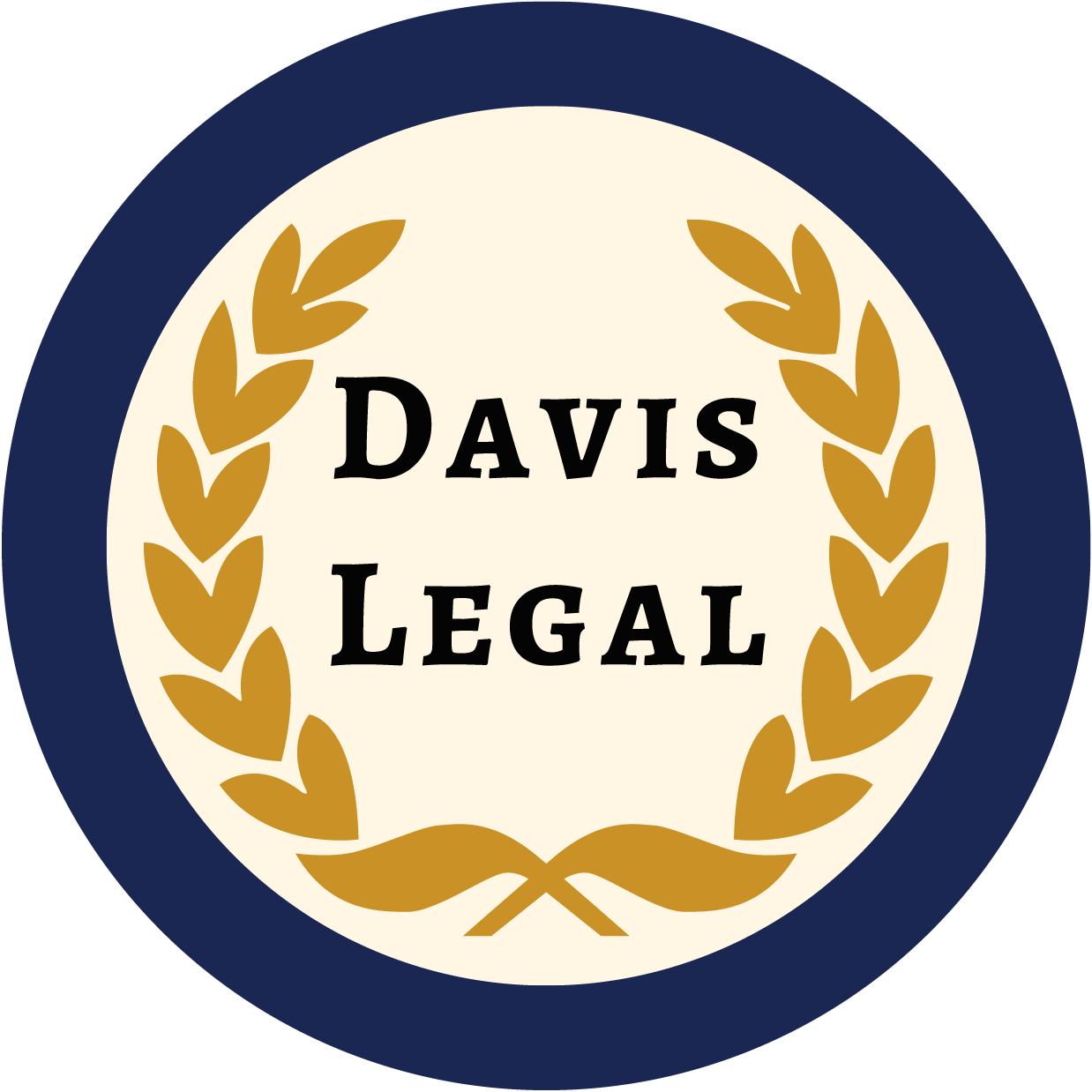You might walk away from a car crash with no broken bones and no visible injuries—but something still feels wrong.
You forget where you put your keys. You can’t remember a conversation from earlier in the day. Alternatively, you find yourself unable to recall specific details about the accident.
Memory loss after a car accident is far more common than people think, and its effects can be both subtle and severe.
This article dives into the causes, symptoms, and legal implications of post-accident memory loss, so you can protect both your health and your rights.
How Car Accidents Affect the Brain
Car accidents, especially those involving high speeds or sudden impact, often cause the brain to jolt inside the skull.
This can result in a traumatic brain injury (TBI) or a concussion, even if you never lost consciousness. These injuries disrupt normal brain function and often interfere with memory.
During a crash, your brain can experience:
- Rapid acceleration and deceleration
- Rotation or twisting within the skull
- Direct impact against the skull’s interior
These motions may damage the hippocampus (the brain’s memory center) or disrupt the neural connections needed for storing and retrieving memories.
While many people associate TBIs with unconsciousness or coma, it’s very possible to have a mild TBI with lingering cognitive effects—especially memory loss.
Types of Memory Loss After a Crash
Memory problems following a car accident can take several forms, each with different causes and timelines.
- Short-Term Memory Loss: You might struggle to remember recent events, such as what you ate for breakfast or a conversation you had an hour ago.
- Retrograde Amnesia: This type of memory loss affects events that occurred before the accident. Victims may not remember the moments leading up to the crash or even days prior.
- Anterograde Amnesia: This occurs when someone has trouble forming new memories after the crash. You may feel mentally present but later realize you can’t recall anything about that day.
Some people experience a mix of these issues, which can lead to confusion, anxiety, and difficulty performing everyday tasks.
Symptoms to Watch For
Memory loss doesn’t always look like “forgetting your own name.”
Common symptoms include:
- Difficulty concentrating
- Forgetting names, appointments, or conversations
- Feeling mentally “foggy”
- Slower reaction times
- Trouble following directions or routines
- Irritability or unexplained mood swings
These issues can emerge immediately after a crash or take days to develop. If you’re experiencing any of them, it’s critical to see a healthcare provider—ideally a neurologist or concussion specialist.
Also, start tracking your symptoms. Keep a daily journal of what you’re experiencing. This helps your medical team monitor recovery and provides valuable evidence if you pursue legal action.
What to Do If You Suspect Memory Loss
If you think something is wrong, don’t brush it off.
Many car accident victims assume they’re just stressed or tired, when in fact they’re dealing with a cognitive injury.
Here are the steps to take:
- Seek Medical Attention Immediately: Go beyond the ER. Follow up with a neurologist or neuropsychologist.
- Get Cognitive Testing: This helps document your condition and guide treatment options.
- Avoid High-Stimulation Environment: Give your brain time to heal. Reduce screen time, loud music, or high-stress activities.
- Document Everything: Keep records of your symptoms, doctor visits, and missed workdays.
- Consult a Personal Injury Attorney: Memory issues can complicate your legal claim, especially if you can’t recall details of the crash. A good attorney will know how to work around that and gather the right evidence.
How Memory Loss Impacts Your Injury Claim
Memory loss can actually strengthen your claim—if it’s documented properly. It shows the injury isn’t just physical; it’s cognitive, too.
But it also poses challenges:
- You may not remember how the crash happened, which could affect your testimony.
- Insurance adjusters may downplay or dispute your symptoms.
- Medical evidence and expert witnesses become more important than ever.
That’s why having a personal injury attorney is essential. They can:
- Collect and interpret your medical records
- Coordinate with neurologists and cognitive specialists
- Ensure insurance companies respect the seriousness of your condition
With the right support, you can turn a confusing and frustrating experience into a strong legal case.
Contact a Car Accident Legal Expert
You don’t need to suffer in silence. Brain injuries are invisible, but their effects are real—especially when they interfere with your memory, your work, and your peace of mind.
If you notice any signs of memory loss after a crash, take action now. The sooner you get medical help and legal guidance, the better your chances of recovery and full compensation.
At Davis Legal, we understand the complexities of brain injuries and know how to build strong cases around them.
Schedule your consultation today and let us help you protect your future, secure the compensation you deserve, and get the peace of mind you need.


